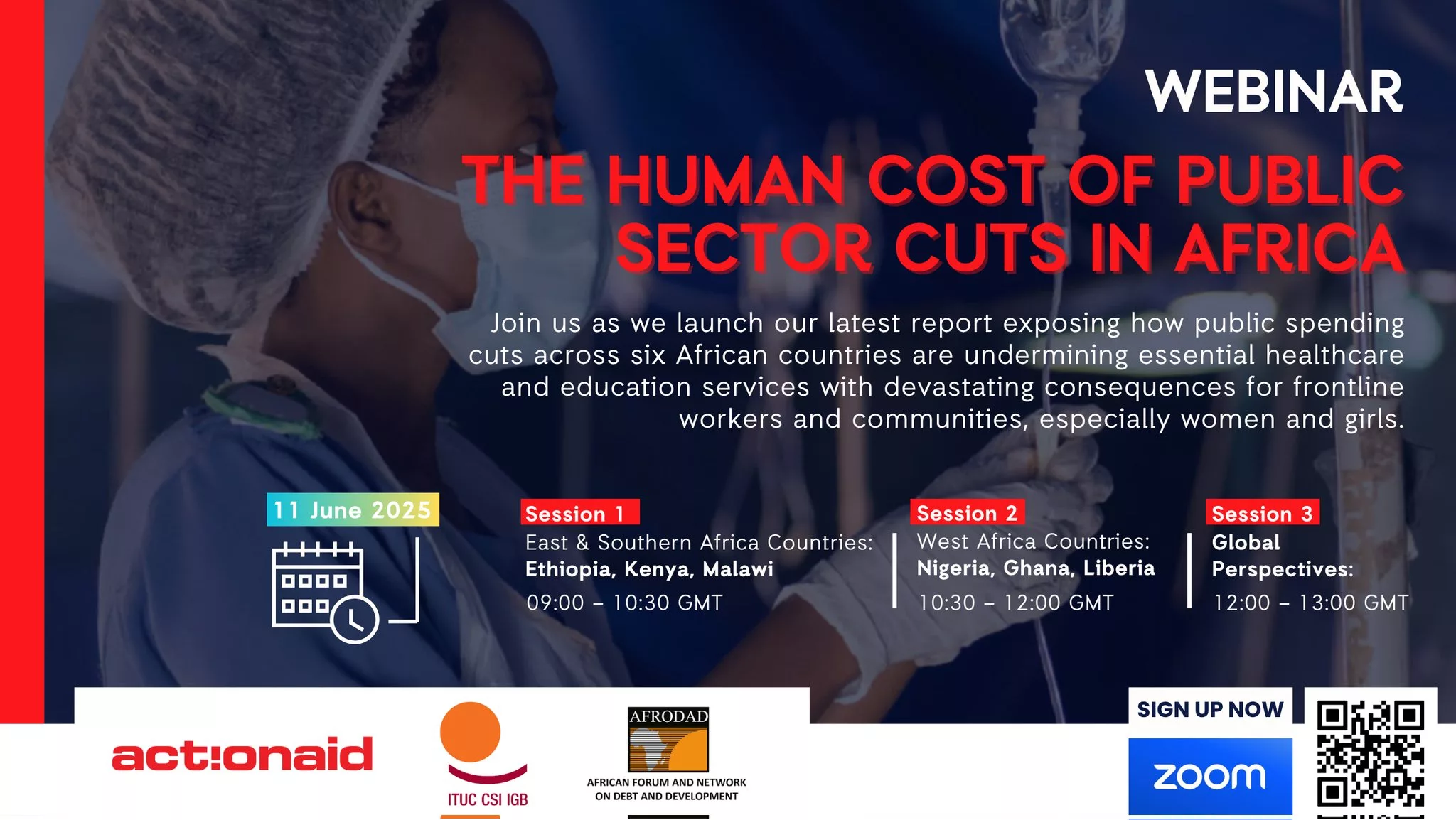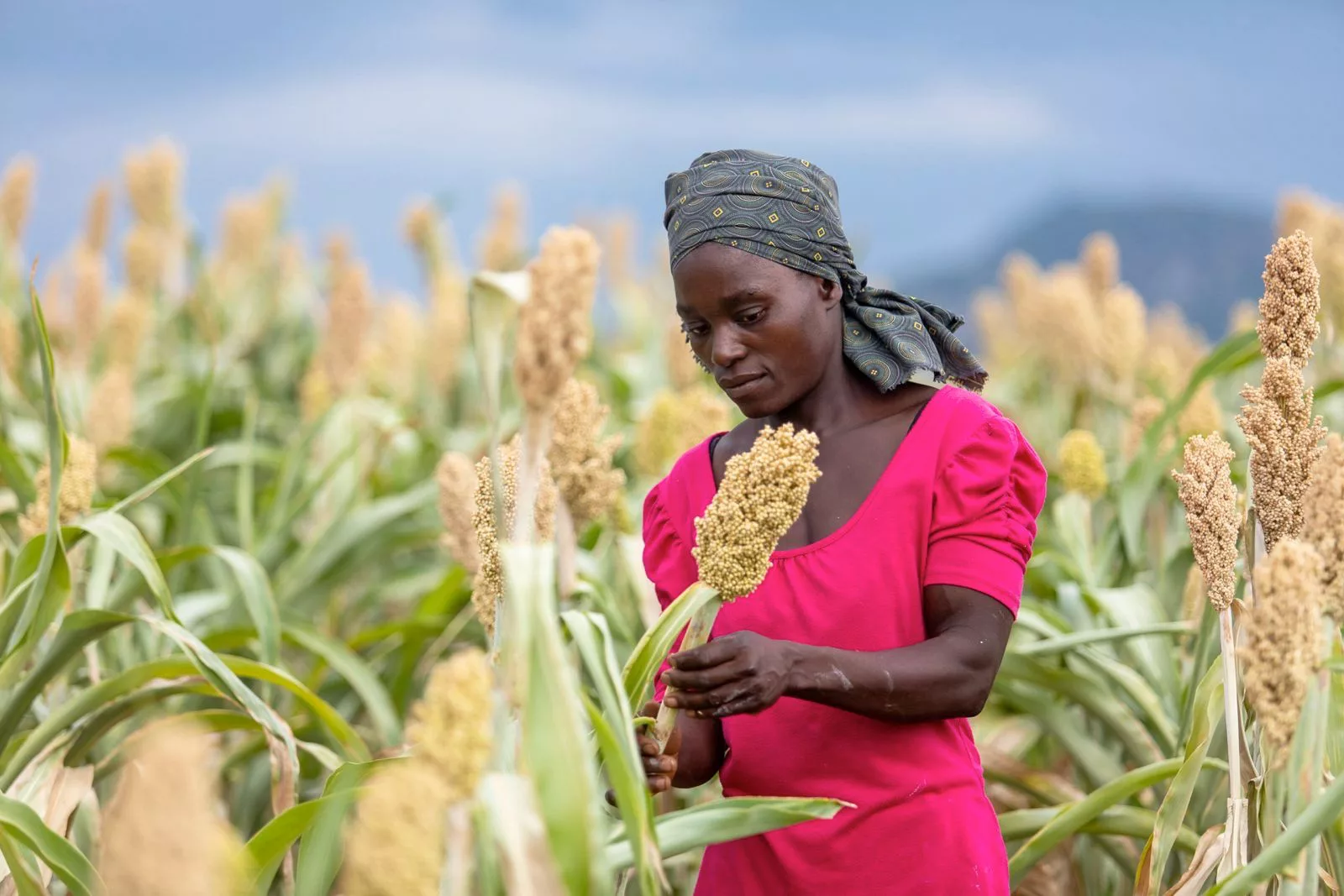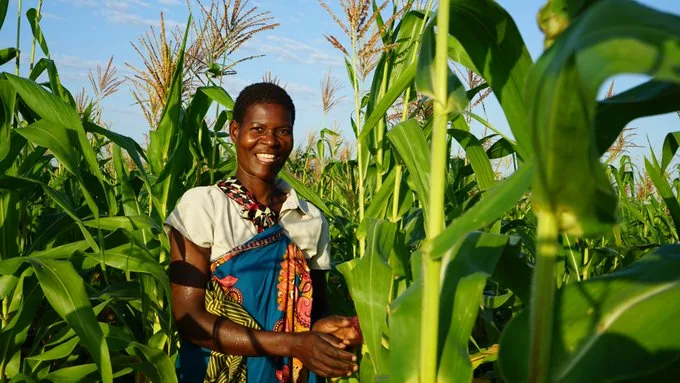“It is important for us as Africans to understand the challenges we face and find ways of using technology to solve them,” NMB Bank chief operating officer Gerald Gore told participants in the Enactus World Cup last week.
“Most technologies are not designed for Africa but we need to adapt the platforms to solve African problems,” he said.
He was speaking at an Enactus event in Harare dubbed The Road to Silicon Valley. This year’s Enactus World Cup will be held in Silicon Valley in San Jose, California, in the United States. Teams from more than 2 000 universities in 36 countries are expected to participate in it.
The Zimbabwe team will be chosen from the eight university teams expected to present their projects to a panel of judges in Harare next month. The teams are expected to use entrepreneurial skills to come up with and implement projects that improve the quality and standard of life of communities in need.
The winning team is the one judged to have most effectively used entrepreneurial action to empower people to transform their livelihood in an economically, socially and environmentally sustainable way.
The national competition is organised by BOOST Fellowship, a non-profit organisation that aims to promote youths’ productivity and enable them to build a future for themselves and their communities.
Addressing Thursday’s event, Mr Gore contrasted entrepreneurism in Zimbabwe with that in the United States, based on learning points from an International Visitors Leadership Programme he attended.
He said that in the United States, the private sector leads economic development, with the latest statistics in 2018 showing that the Fortune 500 companies contributed $12,8 trillion in revenue. It accounts for two-thirds of Gross Domestic Product (GDP) and is the biggest employer, while in Zimbabwe the public sector accounts for the bigger chunk of formal employment.
He went on to stress that value creation is now being driven by ideas and intellectual property as opposed to physical assets.
“As such, in Zimbabwe we need to start placing a premium on ideas as opposed to a physical semblance of power, such as large offices, cars or hierarchy,” he said.
“Collaboration, teamwork and harnessing diversity characterises businesses in the United States, while back home we need to remove individualism and ‘zero sum game mentality’, where success for one means that someone else should fail.
“It is possible for all of us to do well,” he said.
The system in the United States, he said, is designed in such a way that entrepreneurs can start businesses without the fear of failing. There are bankruptcy laws that give those who fail a second chance, while in Zimbabwe failure will result in blacklisting, with those who had gone bankrupt being unable to access loans again.
“There is need to create systems that encourage entrepreneurs to take a calculated risk without fear of failure,” he said.
Time management and a sense of urgency was also another differentiating factor.
“Here, people are generally relaxed and it’s reflected in how we walk, show up for appointments, start or end meetings, with little regard for time when compared to our US counterparts,” he said.
“Time is everything. We have some catching up to do and we need to move from a ‘there’s no hurry in Africa’ attitude,” he said.
He said technological development has made it possible for fewer people to create the same unit of wealth as, for instance, 10 years ago. He cited Facebook, You Tube, Instagram and WhatsApp as examples of businesses that had been started by three people at the most and ended up being sold for huge sums of money.
“Every business and industry will be disrupted by digital evolution. The only question is when and how,” he said.
In the case of banking, NMB Bank was adapting to evolving technology by digitalising some of its processes and transactions.
“It should be possible to transact digitally without the need to come to the branch,” he said.
This meant that the definition of customer service was changing. No longer did it simply mean being greeted with a smile in the banking hall. What customers wanted now was to find that the digital banking platforms they are using are working.
Speaking at the same event, NMB marketing manager Lindiwe Thebethebe said NMB was proud to be associated with the Enactus programme.
“Last year senior NMB managers participated as advisors and the bank provided seed money for the Enactus projects,” she said
Boost Fellowship executive director Busisiwe Marandure said that, while one national winner would go forward to the World Cup, the setting up of sustainable projects that empowered and transformed the lives of others made all the teams winners.
“Our hash tag at Boost Fellowship is #weallwin,” she said






